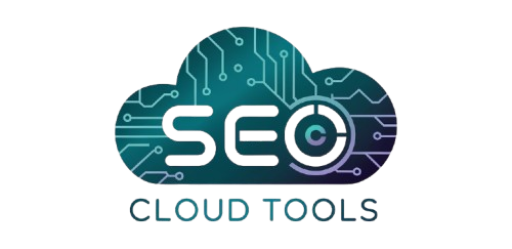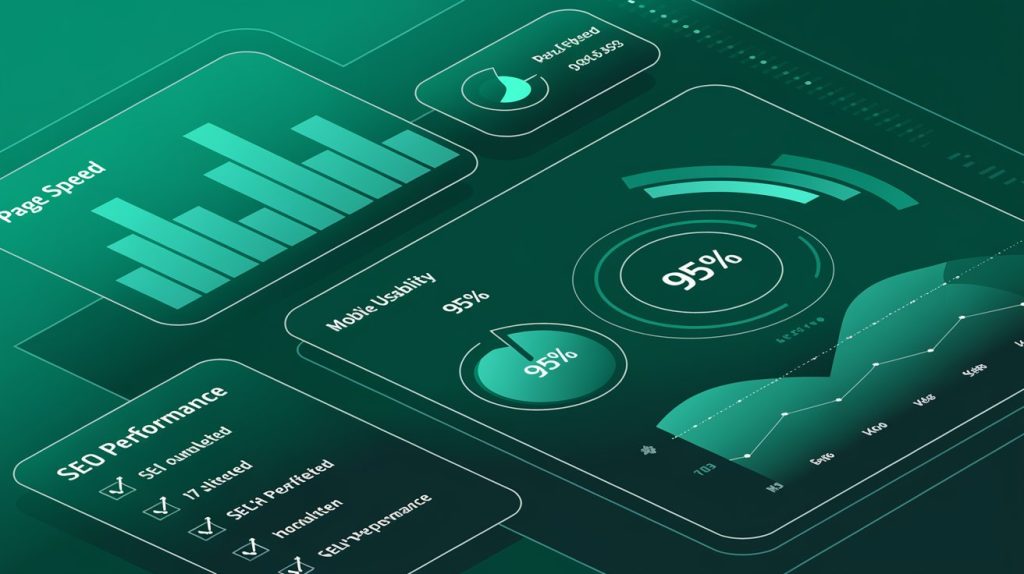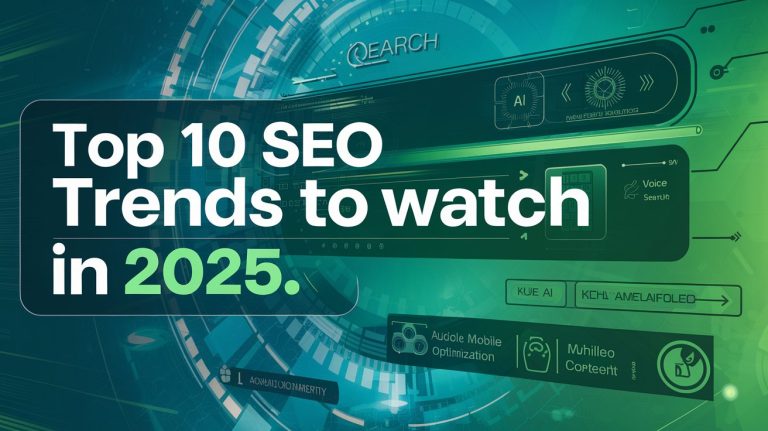As artificial intelligence (AI) continues to revolutionize industries, it has become an indispensable tool for content creators and marketers. AI tools can analyze data, provide insights, and help you craft content that resonates with your audience—all while saving time and improving efficiency. In 2025, leveraging AI tools for content optimization is not just an advantage but a necessity.
This article explores how AI tools can transform your content strategy and deliver exceptional results.
Why AI is Crucial for Content Optimization
Content optimization involves tailoring your content to ensure it ranks well on search engines and engages your audience. With AI, this process becomes more data-driven, precise, and scalable.
Benefits of AI in Content Optimization:
Data-Driven Insights: AI analyzes user behavior and trends to identify what content resonates with your audience.
Efficiency: Automates repetitive tasks like keyword research, grammar checks, and content formatting.
Personalization: Helps create tailored content for specific audience segments.
Enhanced SEO: Provides keyword suggestions, content structure insights, and optimization tips.
How AI Tools Revolutionize Content Optimization
Here are the key ways AI tools can be used to optimize your content in 2025:
1. AI-Powered Keyword Research
Keywords are the foundation of SEO, and AI tools make it easier to find the right ones.
How to Use AI for Keyword Research:
Use tools like SEMrush, Ahrefs, or Google’s AI-powered tools to identify high-ranking keywords.
Explore long-tail keywords and search intent using AI-driven suggestions.
Predict emerging trends and keywords with tools like BuzzSumo or MarketMuse.
Example:
An AI tool might suggest related keywords like “AI content optimization tools” or “best AI tools for SEO 2025” to target niche audiences.
2. Content Generation with AI
AI has advanced to the point where it can generate high-quality, human-like content.
Tools to Use:
ChatGPT: Craft blog posts, email copies, or social media content with ease.
Jasper AI: Tailor content to specific tones and formats.
Writesonic: Generate content ideas, headlines, and detailed articles.
Tips for Effective AI Content Generation:
Always review and personalize AI-generated content to ensure it aligns with your brand voice.
Use AI to draft initial ideas and then refine for better engagement.
3. Content Optimization for SEO
Optimizing content for SEO is one of the most impactful uses of AI.
AI Tools for SEO Optimization:
Surfer SEO: Provides detailed content scores, keyword density suggestions, and structural improvements.
Frase: Analyzes competitor content and helps optimize your content to rank higher.
Clearscope: Suggests keyword variations and outlines to improve relevance.
Example:
Surfer SEO might suggest improving your title, including more H2 tags, or adding specific keywords to boost rankings.
4. Improving Readability and Grammar
AI tools can enhance the readability and grammatical accuracy of your content, making it more engaging and professional.
Tools to Use:
Grammarly: Detects grammar and punctuation issues while improving sentence structure.
ProWritingAid: Offers advanced writing suggestions tailored to your content goals.
Hemingway Editor: Simplifies complex sentences and ensures your writing is concise.
How It Helps:
Increases user engagement by making content easier to read.
Builds credibility by eliminating errors.
5. AI for Visual Content Creation
In 2025, visuals are just as important as text when optimizing content.
AI Tools for Visual Content:
Canva AI: Automatically generates templates and designs based on your content.
DALL·E 2: Creates unique images based on textual prompts.
Lumen5: Turns blog posts into engaging videos with AI.
Tip: Use AI-generated visuals to complement your written content and improve shareability.
6. Personalizing Content for Target Audiences
AI tools can help segment your audience and deliver personalized content.
How to Use AI for Personalization:
HubSpot: Uses AI to recommend content tailored to user behavior.
Segment: Helps group users by behavior, preferences, or demographics.
Optimizely: Tests personalized content to find what works best.
Benefits:
Higher engagement and conversion rates.
Tailored experiences that build customer loyalty.
7. Predicting Content Trends
Staying ahead of trends is critical for content marketing success.
AI Tools for Trend Prediction:
BuzzSumo: Identifies trending topics and popular content in your industry.
AnswerThePublic: Suggests questions and phrases users are searching for.
Google Trends: Tracks search trends and interest over time.
Example: Predict trending topics like “How AI impacts SEO in 2025” to create relevant and timely content.
8. Analyzing Content Performance
AI tools simplify content analytics by providing actionable insights.
Tools to Use:
Google Analytics 4 (GA4): Tracks user behavior and content performance.
Hotjar: Visualizes how users interact with your website using heatmaps.
ContentSquare: Measures engagement and identifies areas for improvement.
What to Analyze:
Bounce rates and time on page.
Conversion metrics like form submissions or purchases.
Engagement metrics such as shares and comments.
Challenges of Using AI Tools for Content Optimization
Lack of Creativity: AI can generate content, but it lacks the emotional touch and originality of human writers.
Dependence on Data: AI relies on historical data, which might not always predict future trends.
Costs: Advanced AI tools can be expensive for small businesses or startups.
8. Analyzing Content Performance
AI tools are transforming content optimization in 2025 by making it faster, more efficient, and data-driven. From keyword research to content creation, SEO optimization, and performance tracking, AI simplifies and enhances every step of the process.
To succeed, combine AI tools with human creativity and strategic thinking. This balance ensures that your content not only ranks well but also engages and resonates with your audience.
Start exploring these AI tools today and unlock the full potential of content optimization!




